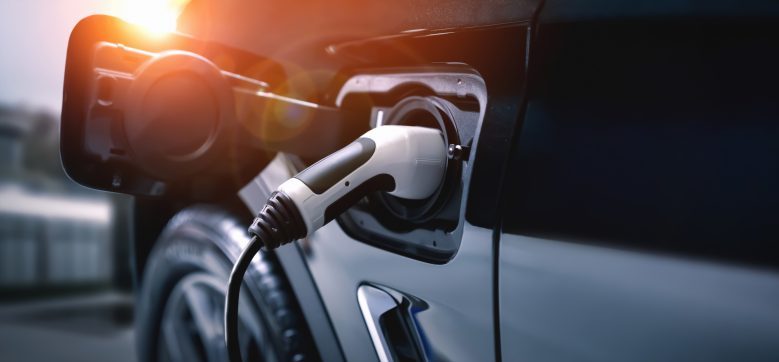Finance & Career

If you are considering an electric vehicle (EV) or fuel cell vehicle (FCV), you may qualify for tax credits. To be eligible for these credits, sellers must register online and report the same information to the Internal Revenue Service (IRS) at https://www.irs.gov/credits-deductions/register-your-dealership-to-enable-credits-for-clean-vehicle-buyers.
New Vehicle for Personal Use
All-electric, plug-in-hybrid, and fuel-cell electric vehicles purchased new in 2023 or after may be eligible for a federal income tax credit of up to $7,500. To determine if you qualify for the tax credits, you must satisfy the following rules:
- Bought for your own use, not for resale
- Use it primarily in the United States
The additional rules are to ensure the filer does not exceed the following Modified Adjusted Gross Income (MAGI):
- $300,000 for married filing jointly
- $225,000 for heads of households
- $150,000 for other filers
The MAGI can be calculated by adding line 11 (from 1040), line 45, or line 50 (from form 2555).
The qualified vehicle must meet the following:
- Have a battery capacity of at least 7 kilowatt hours
- Have a gross vehicle weight rating of less than 14,000 pounds
- Be made by a qualified manufacturer
Again, the dealer must be registered with IRS Energy Credits Online, and the vehicle must be approved through Energy Credits Online at the time of sale. For vehicles purchased before 2022, you may be able to claim it by filing an amended return for the tax year when you took possession of the vehicle.
Used Vehicles
Find information on federal tax credits for electric vehicles here at https://www.fueleconomy.gov/feg/taxused.shtml. To qualify for the credits, you must meet the following:
- Be an individual who bought the vehicle for use and not for resale
- Not be the original owner
- Not be claimed as a dependent on another person’s tax return
- Not have claimed another used clean vehicle credit in the three years before the purchase date
In addition, your MAGI may not exceed the following:
- $150,000 for married filing jointly or a surviving spouse
- $112,500 for heads of households
- $75,000 for all other filers
To qualify for the credits, your vehicle must meet all of the following requirements:
- Have a sale price of $25,000 or less. Sale price includes all dealer-imposed costs or fees not required by law. It doesn’t include costs or fees required by law, such as taxes, title, and registration fees.
- Have a model year at least two years earlier than the calendar year when you buy it. For example, a vehicle purchased in 2023 would need a model year of 2021 or older.
- Not have already been transferred after August 16, 2022, to a qualified buyer.
- Have a gross vehicle weight rating of less than 14,000 pounds.
- Be an eligible FCV or plug-in EV with a battery capacity of least 7 kilowatt hours.
- Be for use primarily in the US.
More Resources
More information can be found by visiting the websites listed below.
- https://www.fueleconomy.gov/feg/taxused.shtml
- https://www.irs.gov/credits-deductions/used-clean-vehicle-credit
- For commercial vehicles: https://www.irs.gov/credits-deductions/commercial-clean-vehicle-credit
- For seller or dealer requirements: https://www.irs.gov/credits-deductions/clean-vehicle-credit-seller-or-dealer-requirements
- For manufacturer requirements: https://www.irs.gov/credits-deductions/clean-vehicle-credit-qualified-manufacturer-requirements

